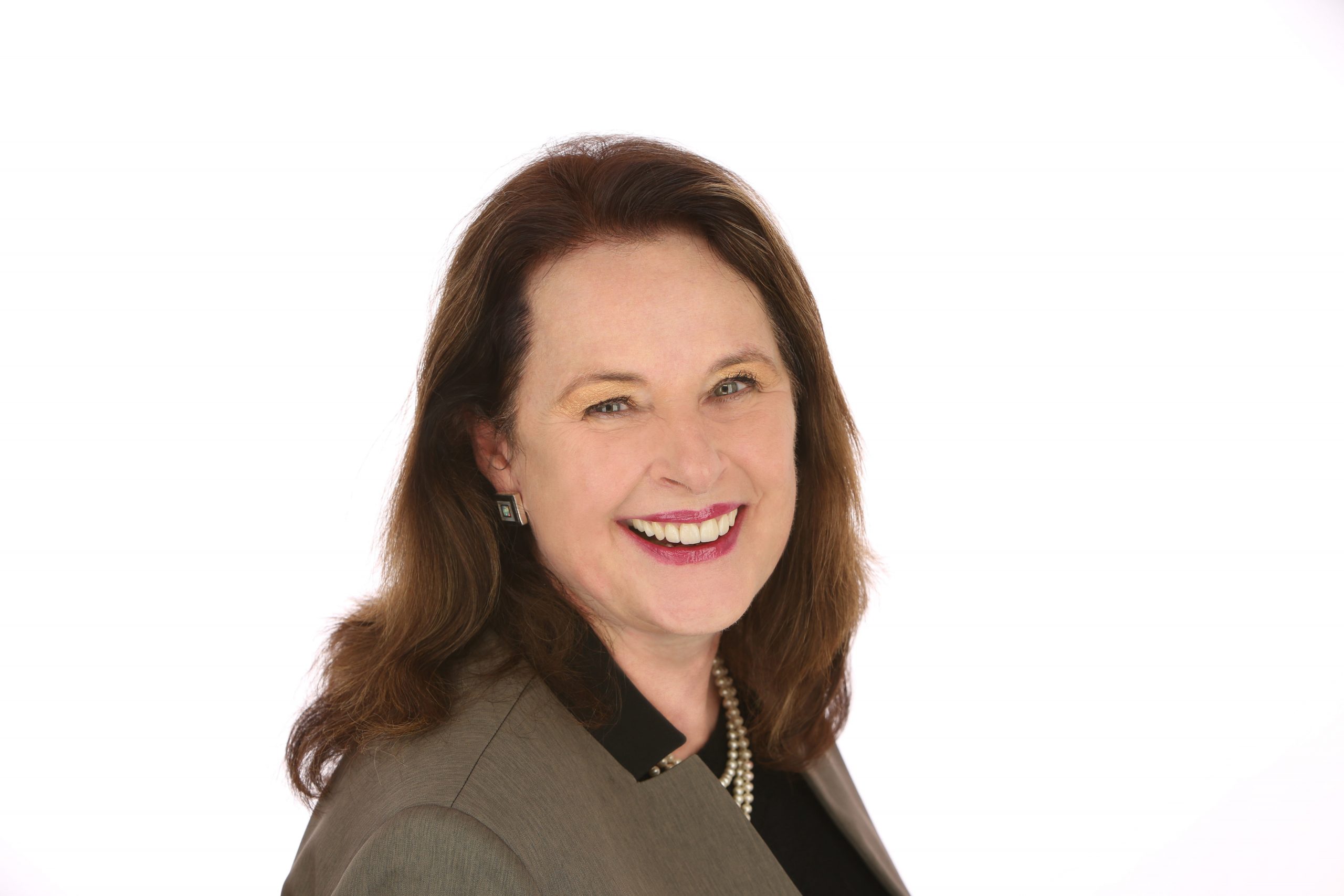What are your views on the benefits of coaching?
Generally, all of us, human beings, have blind spots so collecting 360 feedback or using some assessment instruments helps provide some insights for what can be in service to the person to grow and improve for a coaching partnership.
We have habits we have built up over the years where we have automatic behaviours that we do without thinking or noticing. These habits may have served us at an earlier time in our life, but not serve us in the future. We may want to make changes and coaching can help support making those changes. A coach can help a coachee come from the perspective I am not good at it yet, but I will achieve. I also have the perspective we are what we practice and we can practice other ways of doing and interacting and achieving.
We form assessments based on our experience and observations. We all are observers. Our assessments drive us to take certain actions and then get certain results. If we want to get different results, we need to examine our assessments and form new ones. A coach can help a client identify their assessments, the actions and results and what the client wants to be different and uncover new possibilities.
Our education and academics generally focus on the mind. We often focus only on our thinking. Through more research on the brain and its connection to our body and emotions, we are discovering that strategically using our bodies can shift our mood and our impact. I had learned the power of breathing to help keep you centred and at your best. I was waiting to present to Intel Executives when another presenter was running over their time slot. I realised I was getting more anxious. I know that when I am anxious, I talk fast – which is something that wouldn’t serve me well when presenting to executives that I wanted to influence. I did a 4,7,8 breathing practice while I was waiting. Once it was my turn, I was grounded and the presentation went well.
A coachee needs the desire and motivation to invest in themselves. A coach acts as a partner by listening, sharing observations, noticing the impact on themselves, being curious, honest and challenging in a caring way.
The most desirable impact then involves:
- Creating different assessments that allow different actions for different results and desired changes.
- Starting a new behaviour or increasing one or doing something differently so that those that interact with the coachee observe the difference.
- Taking better care of oneself.
- Taking better care of others.
- Taking care of what they care about.
- Finding their inner wisdom.
During my time at Intel, I worked with Vice Presidents, Directors and Managers in coaching partnerships. The leaders worked on different behaviours. Some of the senior staff worked on as a collective and other behaviours were individual-focused. I often received the comment that the changes they were making were helping them not only at work but even more so at home.
What are your goals for the future?
I love the quote: “We take ourselves wherever we go”. When I worked at Risas Dental and Braces, I have done more ad hoc coaching with the CEO, COO, Chief Dental Officer, Marketing Director, Doctors and other leaders.
One of my goals for 2022 is to return to offering formal coaching partnerships at Risas like I had provided at Intel. I have managed organisations from 20 direct reports to an organisation of 100 employees. One of the things I loved most was helping my direct reports grow and develop. This is why I decided to become a certified coach. Then I discovered that I wanted to help support other leaders grow and develop through a coaching partnership, which is what I will continue working on.











